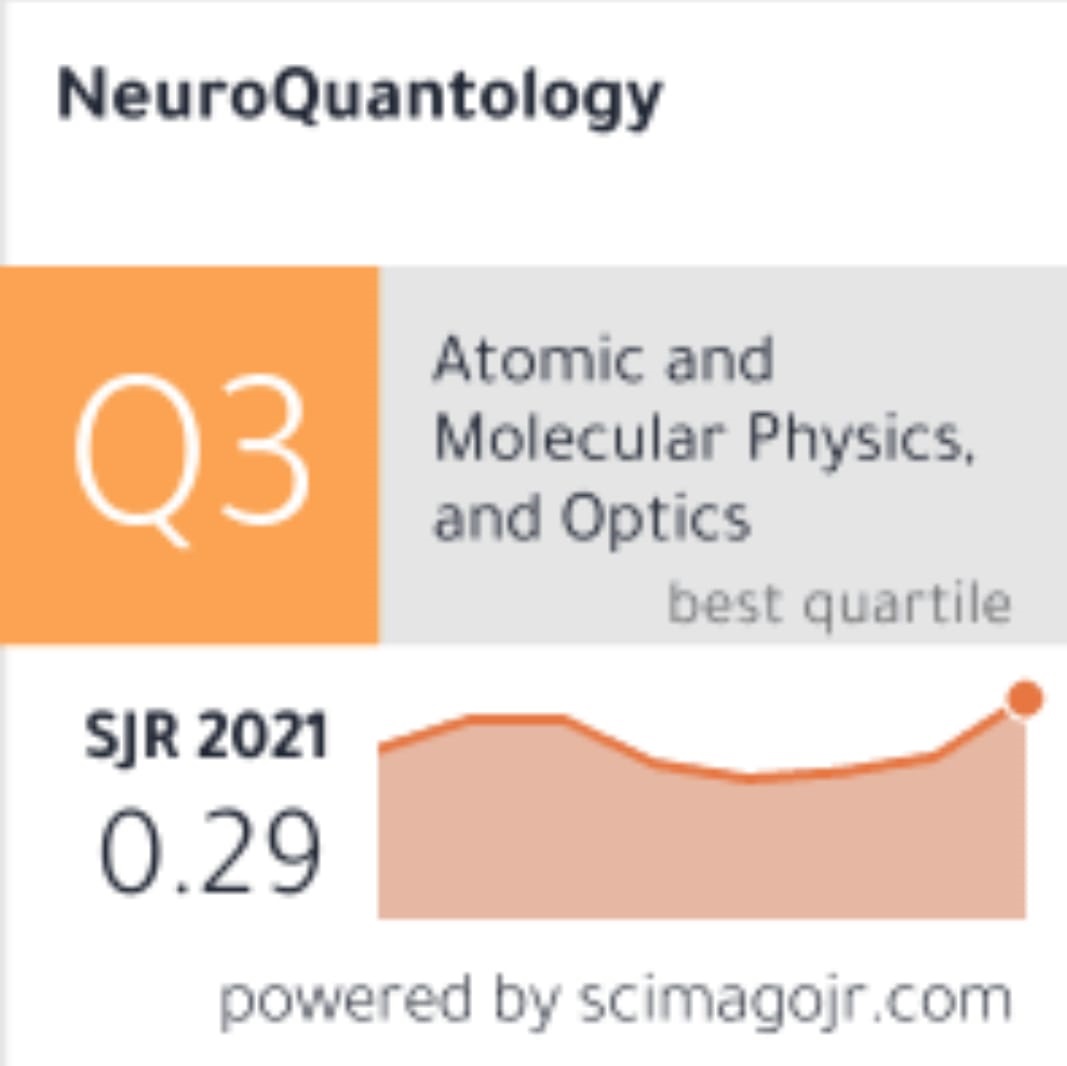


Volume 22 No 4 (2024)
Download PDF
CODE PROFICIENCY PLATFORM
G Mahesh Challari, K.Naga Lakshmi,P.Aashritha,M.Chanti Kumar,K.Shiva Kumar,D.Srikanth
Abstract
In this ongoing Research to Practice paper, we investigate the integration of a Coding Assessment Portal
with an automatic grading system, implemented across two consecutive quarters for a large-scale
introduction to programming course. Initially, our approach employed an on-demand standalone
automatic grading system alongside a separate assignment submission portal on Canvas. Following
thorough evaluation and specific student feedback, we integrated the assignment submission portal
with the autograder system (Stepik) to facilitate real-time, objective assessment of assignments. The key
outcome of this integration was a significant 20.5% increase in the class average of assignment scores,
despite most test cases being hidden during evaluation. Notably, our approach also led to a notable
reduction in the DFW (Drop/Fail/Withdraw) rate, decreasing it from 46% to 12.5%, and a substantial
22% increase in the passing rate among female students. Moreover, in the second iteration of the
course, elective students demonstrated comparable or better performance than those taking it as a
requirement. Additionally, the autograder system proved beneficial in enhancing students' code
quality.Furthermore, our research addresses concerns regarding source code plagiarism in computer
science education. We developed a plagiarism detection tool tailored for Python programming
languages, utilizing a three-step process: tokenization, N-Gram representation, and comparison via the
Greedy String Tiling method. Our tool achieves a response time of one minute for fifty source code
documents, each consisting of seventy-five lines of code (LOC). Feedback from educators who utilized
our tool in graduate computing programs has been overwhelmingly positive, reporting accuracy rates of
99%. This tool effectively supports educators in monitoring and maintaining academic integrity by
identifying instances of plagiarism in student code submissions. We firmly believe that our approach not
only evaluates students' true abilities but also significantly aids educators in ensuring fair assessment
practices and fostering a conducive learning environment.
Keywords
Coding Assessment Portal, automatic grading system, real-time assessment, DFW rate, source code plagiarism, tokenization, N-Gram representation, Greedy String Tiling, academic integrity, Python programming.
Copyright
Copyright © 2025 Neuroquantology
Creative Commons License
This work is licensed under a Creative Commons Attribution-NonCommercial-NoDerivatives 4.0 International License.
Articles published in the Neuroquantology are available under Creative Commons Attribution Non-Commercial No Derivatives Licence (CC BY-NC-ND 4.0). Authors retain copyright in their work and grant IJECSE right of first publication under CC BY-NC-ND 4.0. Users have the right to read, download, copy, distribute, print, search, or link to the full texts of articles in this journal, and to use them for any other lawful purpose.
